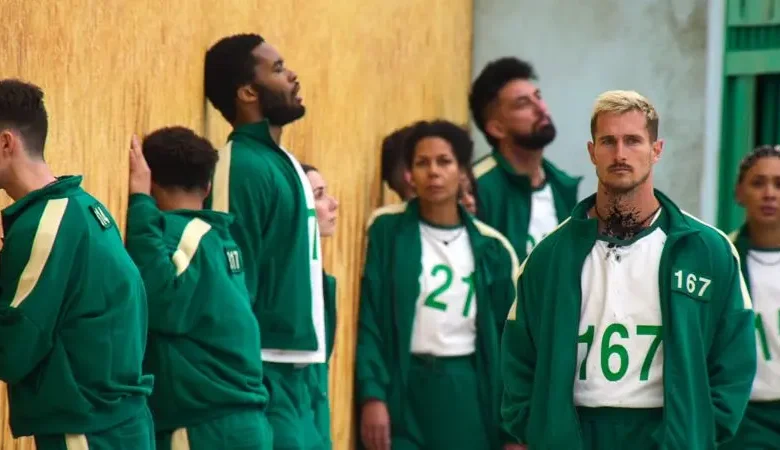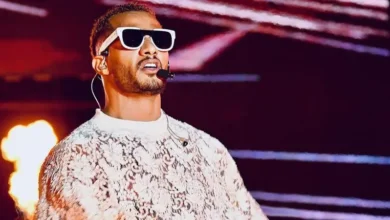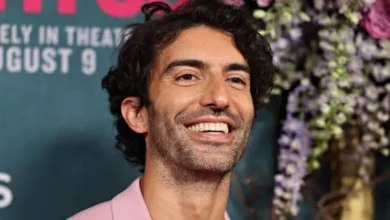Squid Game: The Challenge – A dystopian reality show review

From its unexpected global success in 2021, “Squid Game” left an indelible mark on the world, offering a grim and violent allegory of capitalism’s exploitation of the desperate for the entertainment of the wealthy.
Fast forward to today, and Netflix is attempting to capitalize on the phenomenon with “Squid Game: The Challenge,” a reality competition that brings the essence of the original series to life, albeit with a noticeable absence of mass murder and social commentary.
The series is part of Netflix’s strategy to transform its homegrown hits into durable intellectual properties, a challenge for the relatively young streaming giant without a legacy of established franchises. “The Challenge” is just one facet of this multi-pronged approach, accompanied by immersive experiences like “Squid Game: The Trials,” where fans can pay to simulate the struggles depicted in the show.
While “The Challenge” mirrors the original’s structure with 456 contestants competing for a $4.56 million prize through childlike games, it is evident that the show lacks the profound social commentary that made “Squid Game” a global phenomenon. The simple, colorful production design that helped the original transcend language barriers is faithfully recreated on a U.K. soundstage, providing a visually engaging experience. However, the absence of the deadly consequences depicted in the scripted version raises the question: can a reality show capture the essence of the original without sacrificing its critical message?
Contestants on “The Challenge” exhibit an awareness of the iconic sets and terms popularized by “Squid Game.” The absence of a host or voiceover assumes viewer familiarity, but the show does little to explicitly acknowledge that its cast members are aware of these elements due to their exposure to the scripted series.
“The Challenge” shines in its diverse and expansive cast, drawn from locations worldwide. The show starts on a grand scale, but as the competition progresses, it becomes more intimate, allowing individual personalities to emerge. Some participants display a savvy understanding of reality TV conventions, while others, like a former newspaper editor and a compassionate doctor, break the mold, adding depth to the cast.
However, the show’s method of eliciting empathy for its contestants is less commendable. While it occasionally injects humor to temper the drama, the high stakes of the game, though not life or death, create an intensely ruthless environment. As contestants navigate the game’s design, forcing them to betray each other or succumb to blind luck, emotional breakdowns become inevitable.
The real question looming over “The Challenge” is whether a reality show based on the gripping concept of “Squid Game” can maintain its allure without undermining the societal critique that made the scripted version so impactful. In the end, “Squid Game” remains a singular achievement, while “The Challenge” serves as a more direct illustration of the pressures inherent in many reality concepts. It cannot escape the dystopian irony of its own existence—a commentary on the very system it was meant to critique.
“Squid Game: The Challenge” is streaming now on Netflix!










